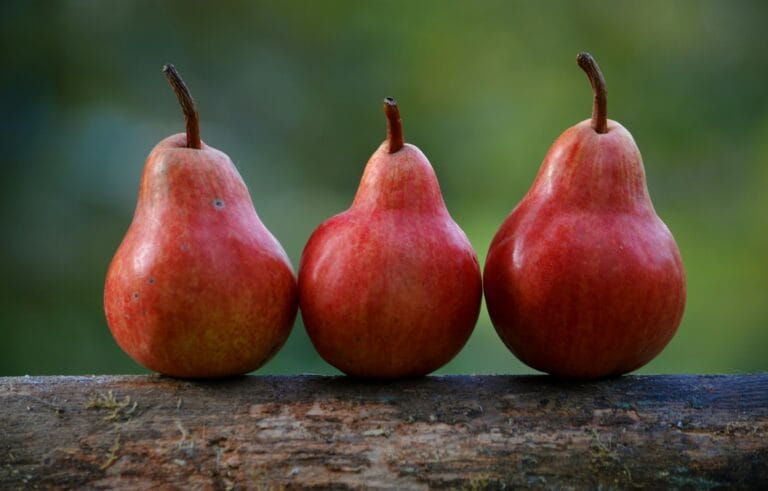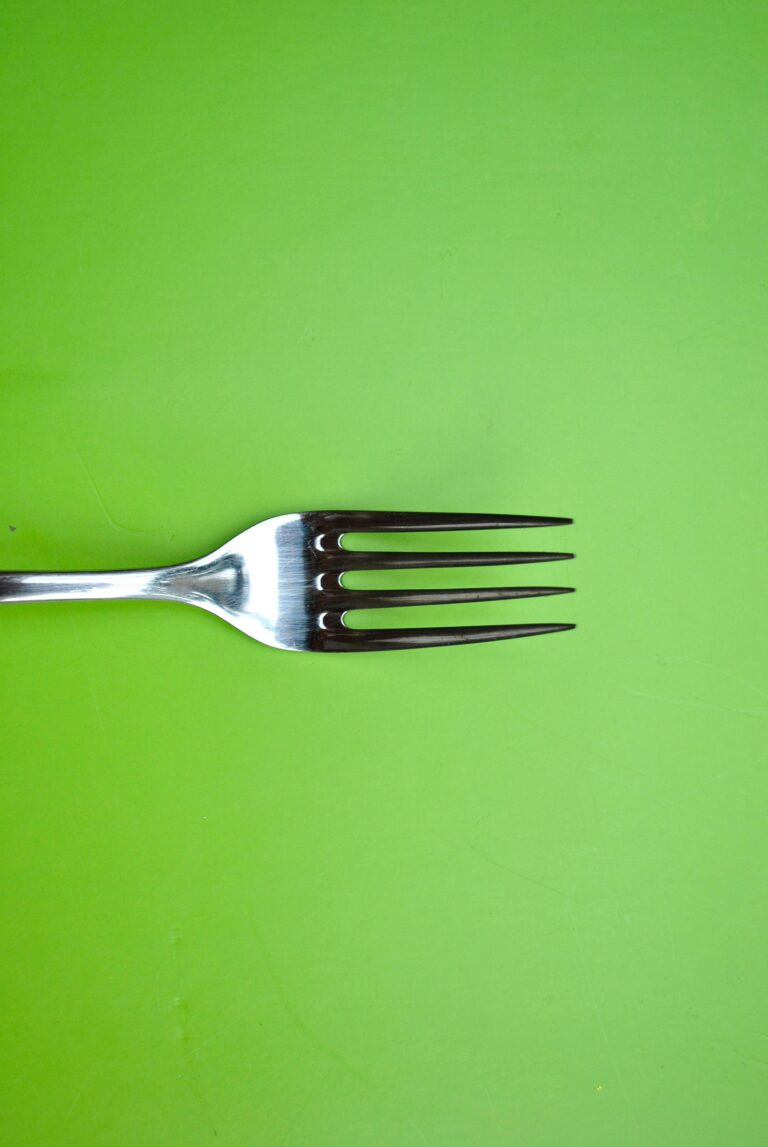The increasing popularity of processed foods also plays a significant role in depression. Walk through your local supermarket, peruse the shelves and you’ll find most items are either processed or ultra-processed.
It is the processing of food, as opposed to social anomie, that is driving the burgeoning depression epidemic.
This is your inside look at how the gut-brain connection, shaped by processed food, impacts the human psyche.
The Proof is in the Pudding
A study recently highlighted in Clinical Nutrition links ultra-processed food consumption to the global increase in depression. Though processing food is efficient and economical, it takes a toll on the human condition both in terms of mind and body.
The uncomfortable truth is we’ve collectively sacrificed human health for corporate profit. The ubiquity of processed food is largely responsible for the depression of nearly 300 million individuals spanning the entirety of the world.
Though the study linked above focused on those living in Brazil, the human biome in Brazilians is no different than that in those living in other regions. As genealogists are quick to state, the genetics of those within the same race is often more different than the genetics of other races.
Even when scientists adjusted for confounding factors such as demographics, lifestyle and idiosyncrasies of diet, depression spiked after eating highly-processed food.
The chances of depression soared a whopping 42% when one ate highly-processed food as opposed to minimally processed food or unprocessed food.
The data also reveals each successive 10% increase in the consumption of highly-processed food corresponded to a 10% increase in depression. The moral of the story is that the more highly-processed food one eats, the more likely he or she is to be depressed.
Zero in on Food With Artificial Sweeteners
A surprising number of foods contain artificial sweeteners to enhance flavor and aftertaste. As revealed in a study published in JAMA Network Open, the consumption of ultra-processed food, especially that with artificial sweetener, is linked to a higher risk of depression.
The study grouped people into five segments based on the quantity of ultra-processed food they ate. Those who downed the most processed items were 50% more likely to suffer depression when juxtaposed with those who ate the least amount of processed foods.
The study’s scope extended to beverages in addition to food. Take a close look at the ingredients of your favorite drinks and you’ll likely find many have artificial flavors and sweeteners. Those sneaky additions certainly taste good yet they are directly attributable to the depression epidemic.
The only caveat to the study linked above is that it was limited to the dietary consumption of 30,000+ white women between the ages of 42 and 62. The analysis was longitudinal in approach as it lasted 15 years.
Though the study participant field was limited, its findings are significant as they are the first to establish a link between food and depression. The study is especially insightful as none of the participants reported even an inkling of depression prior to the consumption of highly-processed foods.
The study authors went to the extent of examining additional factors that tie in with diet.
As an example, physical activity, smoking and other factors were measured in the group of women analyzed for the study. The logic in considering these additional factors was to gauge whether they played a part in causing depression.
The harsh truth is those who consumed nine or more servings of ultra-processed food per day were 50% more likely to become depressed than those who consumed the least processed food. This startling statistic is a direct testament to the importance of the gut-brain connection.
For the purposes of the study, those who consumed less than four servings of processed food per day were considered those in the group that consumed the least.
The fact that non-depressed people became depressed after consuming ultra-processed food is a clear indicator of its negative impact on the body.
Even More Reasons to Avoid Processed Foods
Aside from causing depression, ultra-processed foods and those with artificial sweeteners cause additional health maladies. Such foods and beverages have long been tied to Type 2 diabetes, elevated risk of heart disease and obesity.
As an example, the World Health Organization has gone on the record sating aspartame has the potential to cause cancer in human beings.
Moreover, research also reveals a causal relationship between the artificial sweetener of Truvia and cardiovascular disease.
Getting a Dopamine Kick Without Processed Food
Processed food and consumer items with artificial sweeteners release the happy chemical of dopamine within the brain. It is the triggering of this chemical and its aftermath that makes people addicted to unhealthy processed foods and artificially sweetened beverages.
The challenge lies in releasing dopamine in the brain without resorting to the consumption of highly-processed foods and beverages with artificial sweeteners.
Take a moment to write down the food you consume before going to bed across the weeks and month ahead. Review your food intake and you’ll likely find it is rife with processed snacks, sweets, meals and treats.
Examples of food with processed ingredients include:
– Frozen dinners
– White bread
– Cookies
– Chips
– Candy
– Soft drinks
– Sports drinks
Avoiding processed food begins with an awareness of their ubiquity as a mindful consumer. Be proactive, write down a list of groceries to purchase that are unprocessed and adhere to that list when shopping.
Those who do not reside within driving distance of a grocery store that carries whole, unprocessed foods are at a disadvantage. However, there is likely a farmer’s market in the area that carries the organic, whole foods essential for mindful nourishment.
Shoppers are also encouraged to check out online grocers’ inventory. You can also sidestep highly-processed food using your own DIY (do it yourself) garden in your backyard. A vertical garden that hangs in the kitchen is another solution.
Even a hydroponic garden in the basement will help avoid processed food in the quest for mindful nourishment that benefits the body, psyche and soul.
Sugar-free gum or gum that is low in sugar, low-sugar hard candy and even low-sugar lollipops are alternatives to processed sweets. However, be aware that chewing gum often contains the aforementioned aspartame.
If you have TMJ or dislike chewing gum and hard candy, consider replacing your processed sweets with flavored water. Squeeze fresh lemon or lime into water, add a sprinkle of salt for electrolytes and sip on it throughout the day.
You can also mix in a small amount of powdered caffeine in the form of guarana powder for an extra pick-me-up. When adding powdered caffeine, measure it with care as an excessive amount can trigger heart palpitations or even cardiac arrest.
Be Proactive to Protect Your Mental Health
To say the mind is a fragile thing is an egregious understatement. Seemingly minor incidents, conversations and food ingredients have the potential to make an indelible impact on the psyche.
What matters most is that you are aware of your mental health. Recognize the fragility of the mind and take steps to fortify it. If you feel depressed after cutting out all processed food, try something new such as exercising for 30 minutes every other day.
If the combination of healthy eating, regular exercise and restful sleep doesn’t cure your depression, consider a creative solution such as a SAD light. The use of a SAD lamp, short for seasonal affect disorder, will lift your spirit during the doldrums of winter.
When in doubt, ask for help.
The guidance of a nutritional psychiatrist has the potential to rebuild and strengthen your mind to the point that it is nearly impenetrable.
What matters most is that you speak up for yourself and ask a mental health therapist for help in your time of need.
Tap Into the Power of Nutritional Psychiatry
If you are addicted to processed foods and beverages with artificial sweeteners, rest assured you are not alone in your crowd. The first step to beating your addiction is to admit there is a problem.
When choosing between mental health professionals, lean toward nutritional psychiatrists. Nutritional psychiatrists have an in-depth understanding of how food and beverages directly impact the body and most importantly, the human psyche.
Heed the advice of your nutritional mental health provider, make a concerted effort to follow through on that guidance with action and you’ll gradually emerge from your depression. As is often said, if there is a will, there will always be a way.
Use your free will to connect with a nutritional psychiatrist today to proactively address your depressed mind and body. Your nutritional psychiatrist will show you the “way” to happiness.
The “way” to better mental health takes the form of a positive mindset complemented by healthy eating. It is this mindful nourishment makes the body and brain healthy and functional.
The end result? A better you





